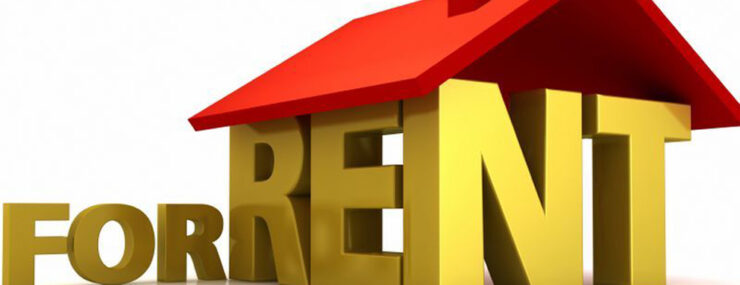
Renting a home is a task that may seem simple at first, but can be very daunting if you miss out on some important factors that need to be considered before moving into the house. While the paperwork in a rental scenario might be taken casually, the implications are far more severe for tenants if some critical factors are missed out. Apart from checking out the exteriors and interiors, the legal check on ownership before you rent the apartment is equally essential.
“Check both exterior and interior condition of the property, conduct legal due diligence and investigate the title of the said proper ,” says Siddhartha Shah, Legal Advisor.
Physical inspection of the flat – Before renting a flat, it is imperative that you carry out a physical inspection of the flat. Cross check the furniture and fixtures including plumbing, electrical and sanitary fittings. As a tenant, you must visit the flat or owner to see the exact location and demand for any changes that can be made to the flat by the owner before you move in. Physical inspection helps in avoiding any confusion that might erupt later between the parties.
Here’s a look at some of the important points to keep in mind before you rent that home:
- Maintenance charges – Clauses of annual and monthly maintenance can be a big issue of dispute between owner and tenant. So, a tenant should be well-informed about conditions before renting the flat. Regular maintenance aspects such as water taps, electricity boards, and wiring might not be on the top of your checklist, but heavy interior or outdoor damage repair and coloring of walls can turn into a matter of debate. Hence, these must be discussed right away.
- Brokerage commission discussion – If the apartment is being finalized through a broker, the commission amount should be discussed in the beginning as it can vary from half a month’s rent to a full month’s rent. It varies from city to city and it is advisable to go through an organized broker to avoid any harassment later.
- Facilities in society – Choosing a flat in a society is more challenging than taking one on a builder floor. The owner needs to inform the tenant about all types of paid and unpaid services to the tenant. Extra parking venue, conditional club use, swimming pool, door-to-door service charges, etc. could cost you more later if the builder has missed mentioning these initially.
- Lock-in period and rent increase percentage after the expiry of contract – Lease agreement between the tenant and the owner should clearly mention minimum lock-in periods (the minimum stay duration) such as six months, one year, or three years. Typically, this lock-in period is one year. Also, at the time of vacating the flat, notice period, adjustment of advance security, and electricity bill payment should be discussed. For this reason, the lease agreement should be read carefully and confusion should be clarified before moving into the house. The discussion related to the percentage increase in the rental amount must be taken up at the time of signing the agreement.
- Flat documents – Before taking an apartment or flat of your choice through the broker or directly from the owner, you must make sure the property is free of any fraud or title issue. You can request for documents such as chain of title transfer, last paid electricity and water bills, overall layout and provision of changes (if any), relations of the owner with the broker (if any), and basic know-how of the last tenant who lived there.
Inclusions in the Rental Agreement
There are certain inclusions that must form part of your rental agreement to avoid any misunderstandings later with the landlord.
Here’s a look at the key points:
- Include start and end date of the tenancy
- Rent amount payable and the frequency of payment (monthly/quarterly)
- Security deposit amount paid
- Service/maintenance charges
- Responsibility for the payment of repair and maintenance
- Conditions of termination of Agreement
- The notice period for vacating the house
- Provisions of electricity, water and power facility
